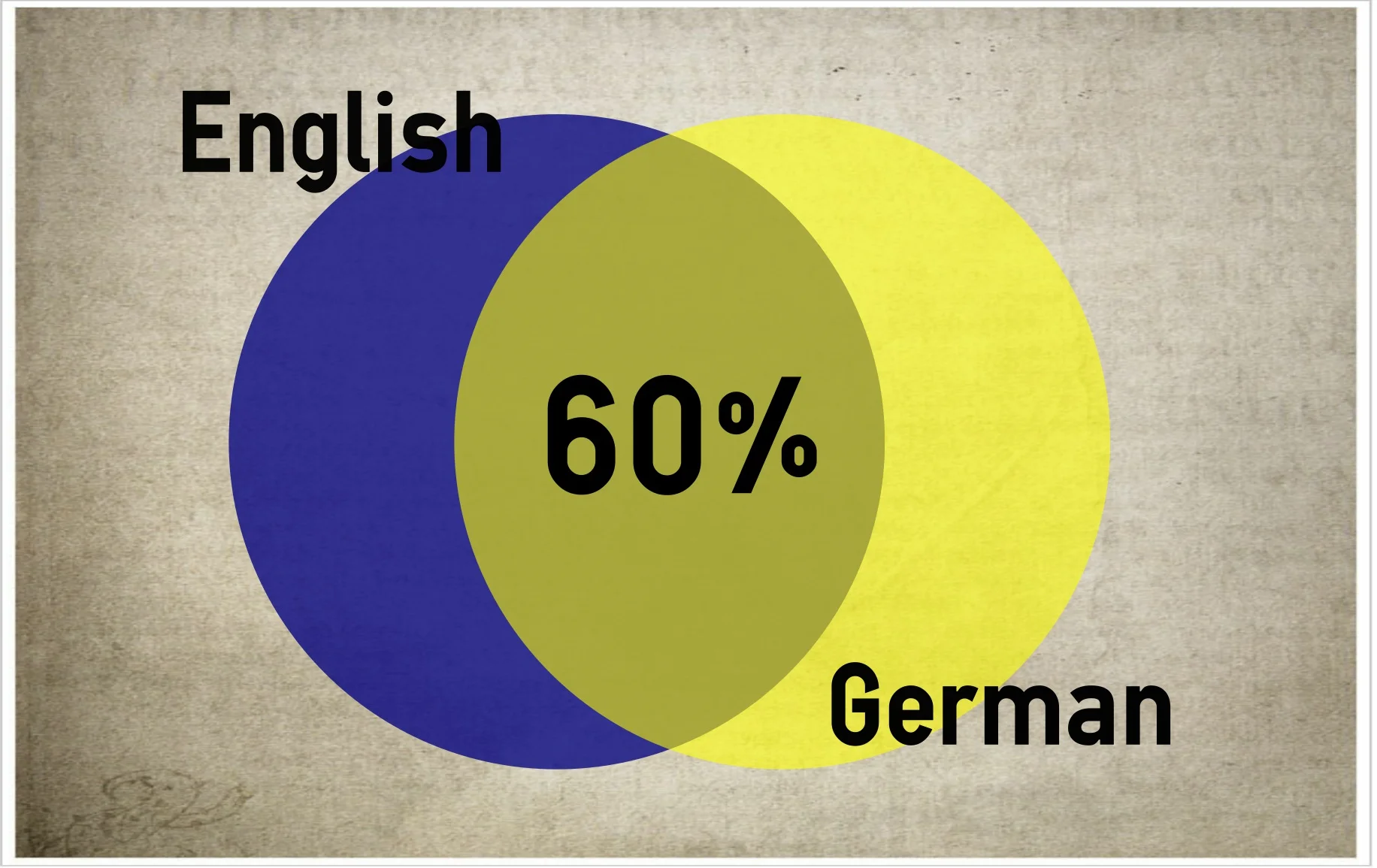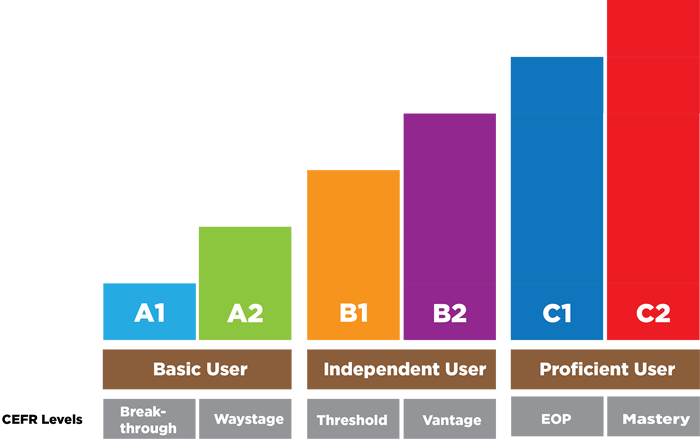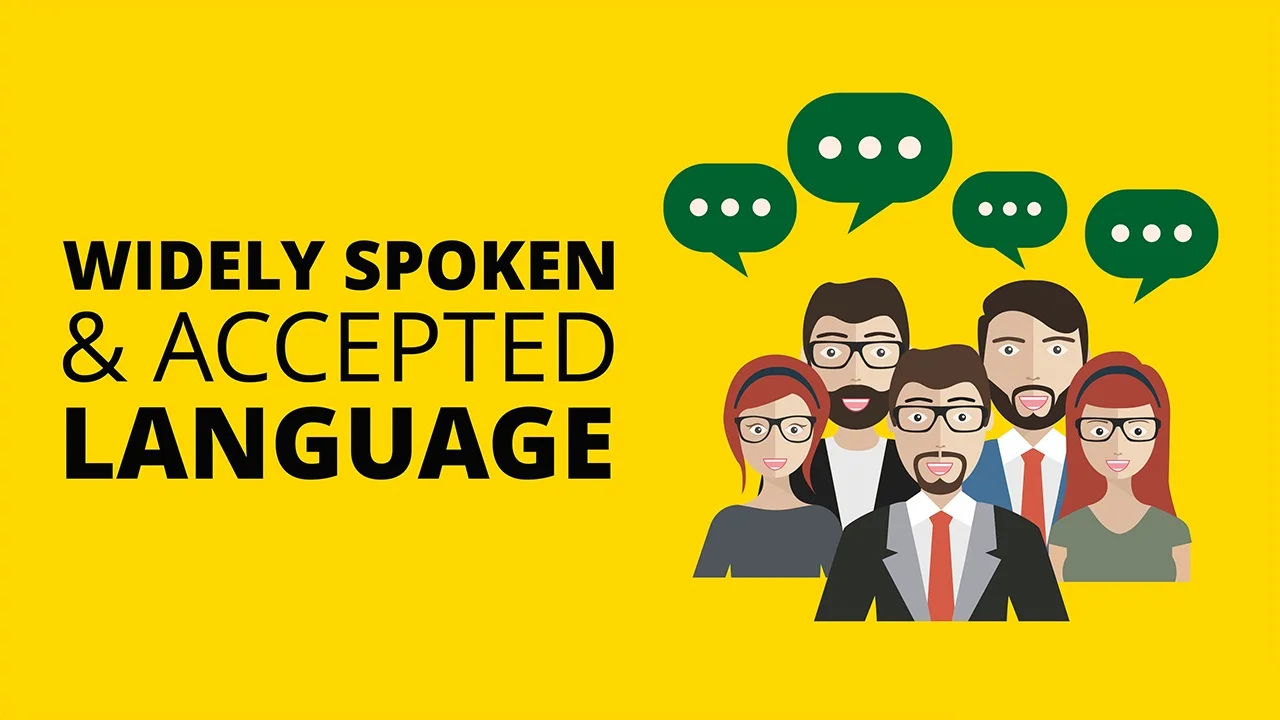German Language Course in Dhaka
Overview
This course is designed for students with no previous knowledge or a very rudimentary knowledge of the language, and it leads students to reach CEFR A1 to B2 level. The approach is communicative, and German is the principal language of instruction. The course provides students with a sound basis of spoken and written German.
After course completion students may register for German course in goethe institute dhaka.
GERMAN A1
( Textbook+Workbook+Audio)
Tk. 2,900
The Book is composed of triple language material (GERMAN - ENGLISH - BANGLA) for beginner learners of German as a foreign language, and is designed for language learners both in and outside of Germany.
- Language skills can be practiced with a good dose of humor and without needless repetition, all in order to suit students with good study habits.
- The book contains audios and Online Access for practice materials.
2 Similarities between English and German
Because German and English are both Germanic languages, quite a few words are either identical or similar in the two languages. Words that share a common source are called cognates.
Another group of words common to German and English stem from Latin-based words that English speakers are familiar with. Many of these words have direct equivalents in German (for example, nouns that end in -tion).
BENEFITS OF OUR GERMAN COURSES
Completion of this course will provide you with the ability to:
Interact more confidently when visiting German-speaking regions or dealing with German speakers
Build rapport and strengthen relationships with German-speaking colleagues and clients through a show of interest in the German language and culture
Demonstrate goodwill and facilitate international communication at both a personal and organisational level
We offer the following German Courses:
• Goethe-Zertifikat A1: Fit in Deutsch 1
• Goethe-Zertifikat A1: Start Deutsch 1
• Goethe-Zertifikat A2: Fit in Deutsch
• Goethe-Zertifikat A2
• Goethe-Zertifikat B1
COURSE OUTLINE FOR A1
Cultural Content:
• You – formal and informal
• Usage of titles (Herr and Frau)
• Life in Germany, Austria and Switzerland.
Topics & Vocabulary Covered:
• Introductions – inc. greetings, saying how you are, where you come from, where you live, what you do, telephone number, marital status, children, etc.
• Professions
• Alphabet and numbers
• Family and friends
• Prices and shopping
• Asking about things and describing things – likes and dislikes
• Telephoning, emails and texting.
• Confirming and cancelling an appointment
• Times of the day
• Talking about abilities (Du kannst ja super tanzen!)
• Asking for permission (Kann ich mal telefonieren?)
• Making arrangements
• Hobbies and leisure time activities – likes and dislikes (usage of gern/e)
Grammar II:
• Modal verbs wollen, sollen, dürfen, müssen
• Imperative (Sie)
• The Past Tense (Präteritum) : war, hatte
• Usage of Perfekt and Präteritum in spoken and written German
• Conjunctions (denn)
• Konjunktiv II (würde)
• Comparisons and Similarities
• Perfekt tense
• Adverbs of time
• Modal verb mögen
• Akkusativ and Genetiv pronouns
• The dative case
• Prepositions of place, time and modal
Grammar I :
• Basic questions statements and negatives– including questions with question words and yes/no questions
• Verb endings (conjugation) of regular and some irregular verbs in the present tense
• You – formal and informal
• Basic word order – statements, questions
• Gender and indefinite/ definite articles / possessive articles / negation
• Pronouns (Nominative)
• Numbers/ Alphabet
• Singular and plural
• Separable verbs





